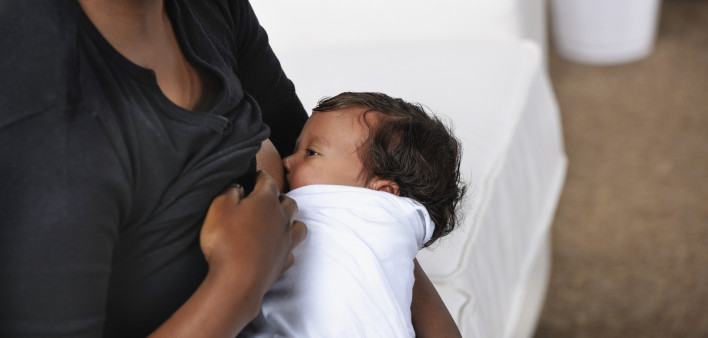Researchers are hoping for a clearer picture of how effective successful treatment of HIV is at preventing transmission of the virus from mother to child through breast feeding, aidsmap reports.
Publishing their report in The Lancet HIV, a team of concerned scientists stated that there is insufficient evidence to support the claim that breast feeding is transmission-risk-free for women with HIV who have an undetectable viral load thanks to antiretroviral (ARV) treatment.
The researchers pointed to a few studies that seem to suggest that there may still be a risk, albeit a very small one, of breast-milk-driven transmission of HIV when a mother has a fully suppressed virus.
One study concluded that maintaining a viral load below 100 might prevent transmission via breast milk. This observational study found that all the mothers who did transmit the virus by this means had a viral load above 100.
On the other hand, a study conducted in Botswana found two cases of mother-to-child transmission of HIV that probably occurred while the mothers were breast-feeding; these women each had a viral load below 50 one month as well as three months after delivering their babies. The babies were each diagnosed with HIV at about age 90 days. One of these women reported having trouble adhering to her ARVs.
Additionally, in a documented case in Malawi, an HIV-positive mother with a viral load below 37 in both her plasma and breast milk transmitted the virus to her baby through breast feeding.
The Joint United Nations Programme on HIV/AIDS (UNAIDS) conducted a mathematical modeling study that analyzed all pertinent and available clinical trial and observational cohort data through 2012 and estimated that among mothers who started ARVs before delivery, for each month of breast feeding, they had a 0.16 percent chance, or 1 in 625, of transmitting the virus to their babies.
To read the aidsmap article, click here.







Comments
Comments